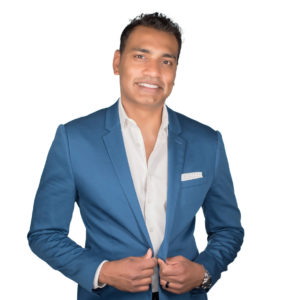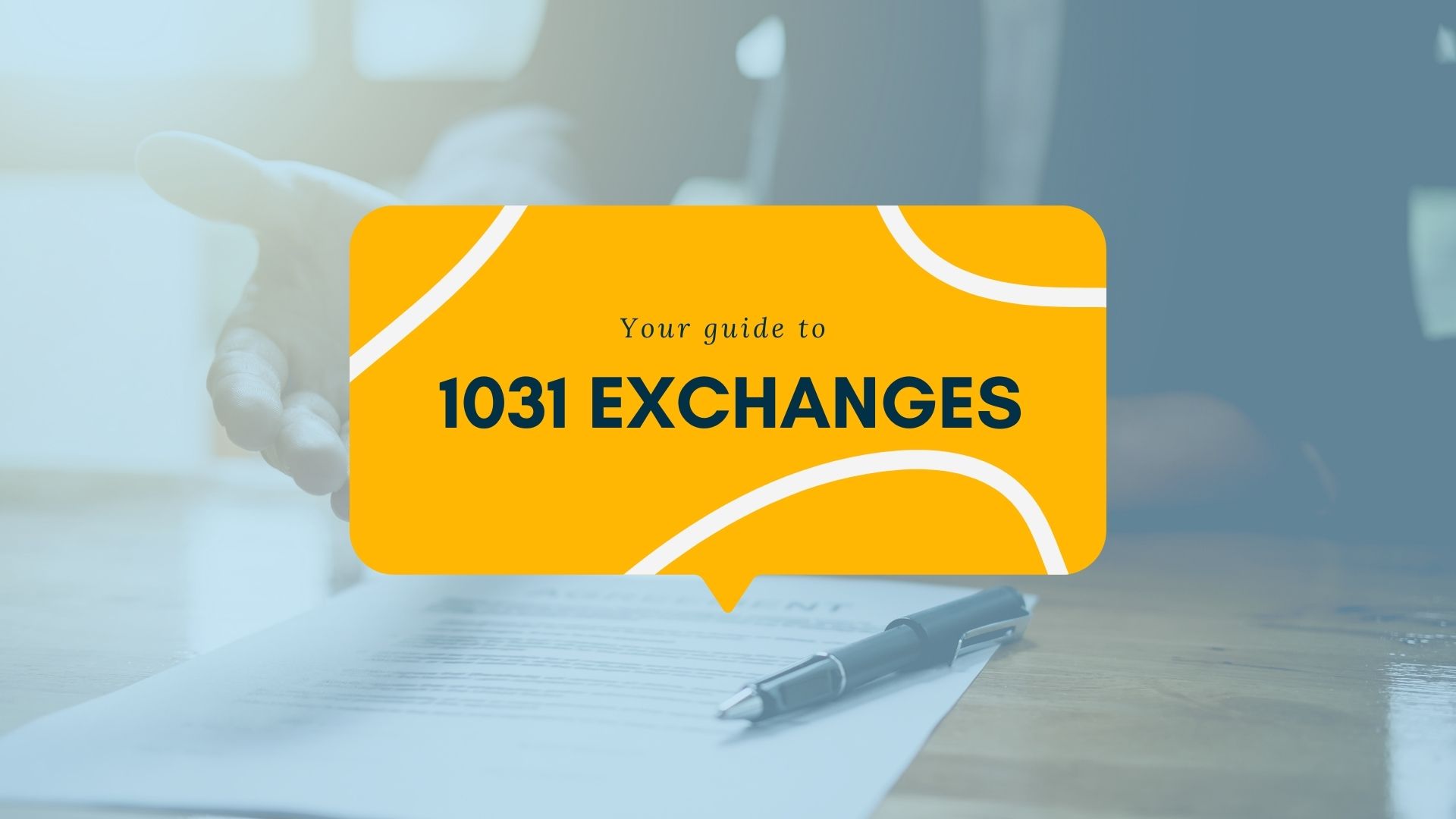It seems like a common theme amongst entrepreneurs—before finding their path towards real estate investing (or another business venture), they try out a whole bunch of things. Entrepreneurs often have a windy path between a variety of opportunities. Vikram Raya, guest on this episode of The Executive REI Show, is certainly no different.

Vikram Raya, who goes by Vik, is a cardiologist by trade, but now is the CEO of Viking Capital Investments as well as the CEO of Limitless MD. Vik is passionate about creating a life that gives him the “five freedoms” and wants to help others do the same. He shared his story with us, how and why got into real estate
investing, and some lessons he’s learned to now pass on to other people.
Ultimately, Vik’s story tells us that no matter where you start or what kind of dramatic turns your life takes—such as his own from medicine to real estate—you can build the kind of life you want, full of purpose, meaning, and freedom.
Vik’s story and using your “Aha!” moments
Vik is a doctor by trade, a “recovering cardiologist,” as he calls himself. Now he spends 75% of his time in real estate. His path between the two is not a straight line. After practicing medicine for many years, Vik wanted to diversify and try some different options. He was feeling the pressure of working as a doctor, not having flexibility to pursue different things or spend time with his family. Opening up other streams of income felt like the next right step.
After deciding to diversify, Vik explored all kinds of avenues. He tried options trading—not successful. Next was a medical temp agency, but it wasn’t earning enough. Vik moved to real estate next, getting excited about the opportunities, and started out with wholesale and then flipping. After some success in these areas, he started realizing that the important thing was to create scalable systems. Instead of devoting so much time and energy into a single process, he wanted to scale up and implement processes that did the work. So, from there, his company Viking Capital was born.
Throughout his journey, Vik learned a couple valuable lessons that are useful to anyone looking to take on a new venture:
- It takes time. Vik told us that “Everything I touch turns to gold. The caveat is that I got to touch it long enough.” In other words, success takes time. It doesn’t happen overnight, and you should expect to put in the work. Vik shared how he started slow and small, gradually growing things and taking on more while balancing his other work as a doctor and with his family.
- Pay attention to “Aha!” Vik shared a personal story with us, a time when his dad collapsed in front of him with a heart attack. It turns out that he had had 100% blocked arteries, and Vik was shocked that he, as a cardiologist, had not known of been aware. This was such an impactful moment and caused Vik to shift towards preventative cardiology and functional, integrative medicine to help prevent heart issues from happening in the first place. While not everyone will have the same type of experience, those “Aha!” moments should be listened to—don’t be afraid to take the nudge and move in a different direction afterwards.
The Five Freedoms
Vik wanted to get into real estate because of the freedom it offered. Unlike working as a doctor, real estate investing provided opportunities to do what he wanted, when he wanted. That freedom of lifestyle is what everyone is after. We have to acknowledge that financial freedom, or stability, is the most important thing, because it allows you to then pursue the other things. But ultimately, money is not usually enough to give people the purpose and meaning that they’re looking for.
To further explore the idea of finding freedom in your lifestyle, Vik likes to talk about the five freedoms. They are:
- Financial freedom: This is the most common thing that people consider when looking for a “good job”—money. People work to earn money. But, consider more than just earning a paycheck. Financial freedom is a point where you are beyond the paycheck-to-paycheck lifestyle and can put your money to work to do the things that you love and want to invest in.
- Time freedom: Time freedom can be elusive, but most people desire it and want it. It’s the ability to take a break, take a vacation, work flexible hours, and basically own your schedule. Some jobs will provide this, if there is good work-life balance, but being your own boss or becoming an entrepreneur is really what can give you that ultimate freedom of time to do what you want, when you want.
- Location freedom: Next up is location freedom—the ability to move around, travel, and explore instead of being chained down to one location. This has become more relevant during COVID-19, when people started realizing they could do their job just as effectively at home and in remote locations. This might be very important to some people who love to travel and move, while others might not care as much.
- Mindset freedom: Mindset freedom is about building resiliency and being able to pull yourself through challenges towards the other side. A mindset grounded in perseverance will allow you to tackle challenges, yes, but also reach towards your goals and dreams. The opposite of this is a mindset that you can’t do something, or that it’s too difficult—a negative mindset that will keep you from reaching your goals.
- Vitality freedom: Vitality is really about health. It’s about your body being able to do what you want, whether that’s going for hikes, traveling constantly, or just feeling your best. While everyone starts from a different place health-wise, each person is able to take some steps towards achieving health and vitality.
Scaling your business
As Vik moved towards nearly full-time real estate investing, he saw the need to build a scalable business with processes and systems that make it easy to do. This takes a lot of hard work and planning to accomplish. Vik shared that he worked with coaches and mentors and learned from people who did the same thing before.
The most recent move in Vik’s business was to incorporate the Entrepreneurial Operating System (EOS). This is one of many systems that can be used to help plan and scale your business. Vik found it to be useful in creating a 10-year vision for his company, hiring the right team to help, and determining exactly what kind of business they want to be.
While this system might not be right for everyone, Vik’s advice on scaling a business is very useful:
- Invest in and work with mentors, coaches, and experts to learn the information you need to grow. Vikram’s advice is to not listen to those who haven’t done what you want to do, though. People who haven’t been there before might discourage you, so look out for people who have walked the same path and can give you real, tangible advice.
- Understand the stages of a life cycle in business. All businesses cycle through a life cycle, starting at birth to infancy to toddlerhood up until it’s a teenager, then an adult, etc. An example of a “toddler” business is one where you as the leader or entrepreneur is constantly in crisis management—everyone relies on you for decisions and there’s a cashflow problem. To get out of this stage and move into another one, you have to actively plan for it and not assume it will just happen.
- The system doesn’t matter as much as being consistent. While Vik has found EOS to be impactful, he recognizes there are many programs out there. So, choose an operating system, implement it, and be consistent in your follow through.
- Understand and embrace roles. There’s a concept in business of the visionary leader and the integrator. The visionary is big-picture, focuses on relationships and ideas. The integrator is an amazing executor, can bring teams together and run the systems. These are both integral roles, but are different. Recognize your own strengths and find someone who can complement you in areas you lack. This will help your business grow and thrive.
Conclusion
We ended this conversation with Vik by talking about the current state of the real estate market. Vik believes that a downturn or correction is coming in 2022. He doesn’t think there’s reason to worry too much, but is working on building some insurance and protection into all deals in preparation. And, despite any upcoming downturn, Vik is adamant that people should still get started in real estate investing. It offers you the chance to find those five freedoms and truly build the life that you want.
If you want to learn more about Vik, his story, and his work, you can head over to www.vikingmultifamily.com or connect with him personally on LinkedIn.



